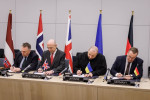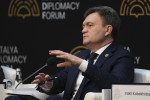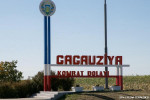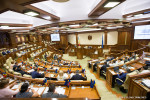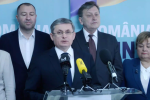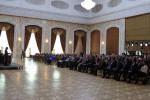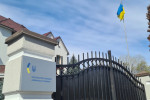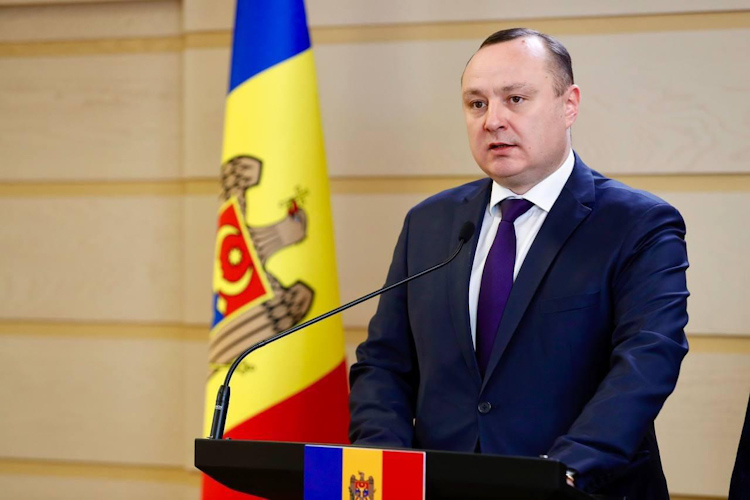
After a group of MPs of the “Pobeda” (“Victory”) bloc last week requested the Constitutional Court to review the law on postal voting, a similar complaint was filed on Monday by the Bloc of Communists and Socialists, IPN reports.
The chairman of the BCS group Vlad Batrîncea, Deputy Speaker of Parliament, argued that this law violates constitutional and international principles that guarantee equal rights to all the voters, regardless of their location, either in Moldova or in other countries.
The lawmaker also accused the government of subjectivizing the selection of countries for establishing polling stations there, thus favoring particular categories of voters.
“We understand that in the presidential election of 2020, namely in these polling stations, Maia Sandu, the candidate for President, obtained the highest number of votes – between 94 and 97%. So, we understand very well why these countries were selected and under what unequal conditions the rest of the voters from other European countries, the Russian Federation, etc. will vote,” noted the Socialist heavyweight.
Vlad Batrîncea also said that this law seriously violated the Constitution, the national legislation, as well as the Venice Commission’s recommendations prohibiting the modification of the electoral legislation in an election year. “The Constitutional Court is the institution that must restore the truth and ensure respect for the constitutional norms, guaranteeing equal voting conditions for all the citizens of the Republic of Moldova,” he stated.
The draft law providing for the partial implementation of postal voting was given a final reading by Parliament on April 26 and President Maia Sandu recently promulgated the law. The new provisions stipulate criteria for identifying the countries where postal voting is to be implemented. The countries that meet these criteria include the United States, Canada, the Kingdom of Norway, the Kingdom of Sweden, the Republic of Finland and the Republic of Iceland.
Postal voting will not be possible in countries where Moldova does not have diplomatic relations, in countries involved in military conflicts and in countries where international standards regarding free and fair elections are not observed.


